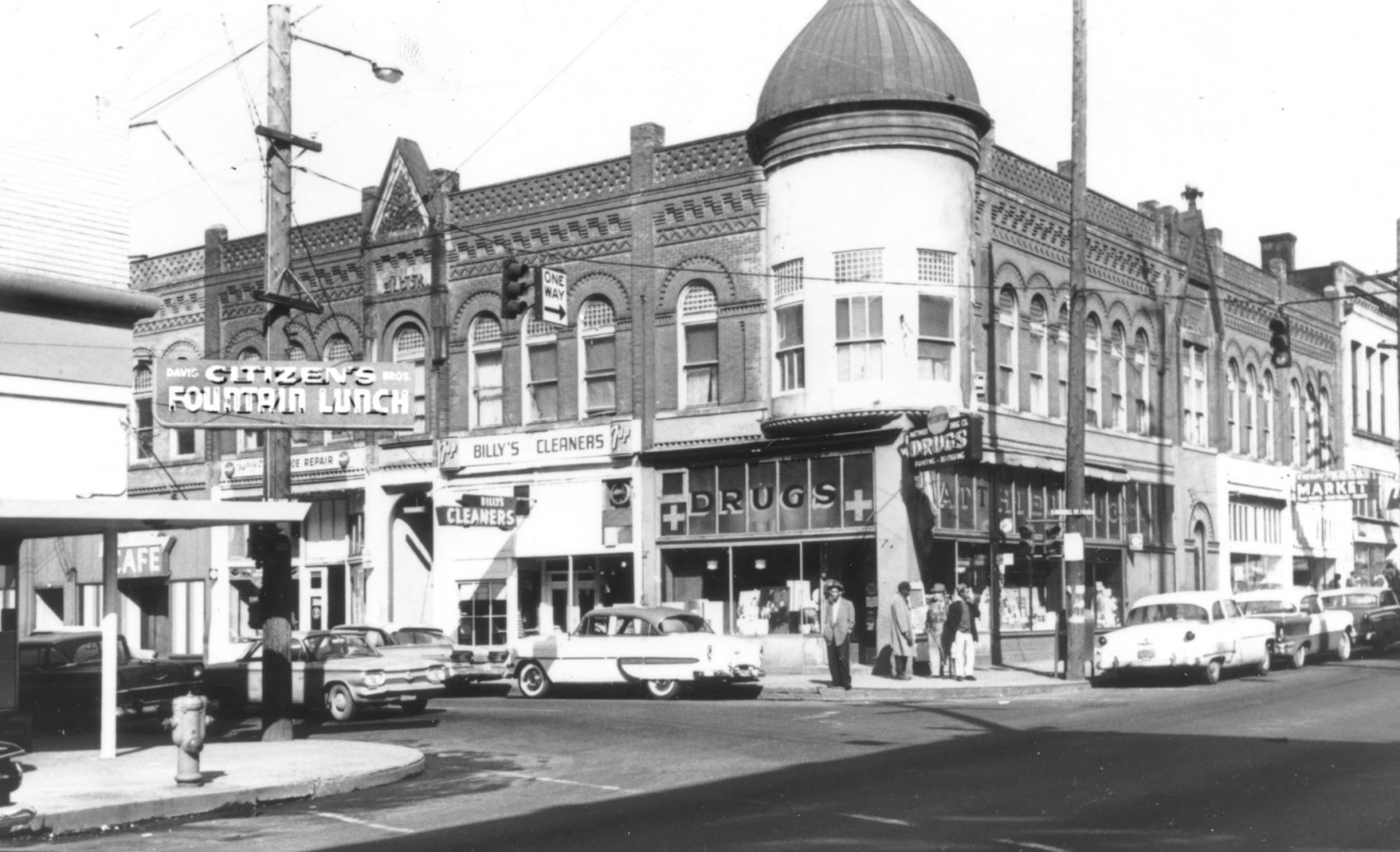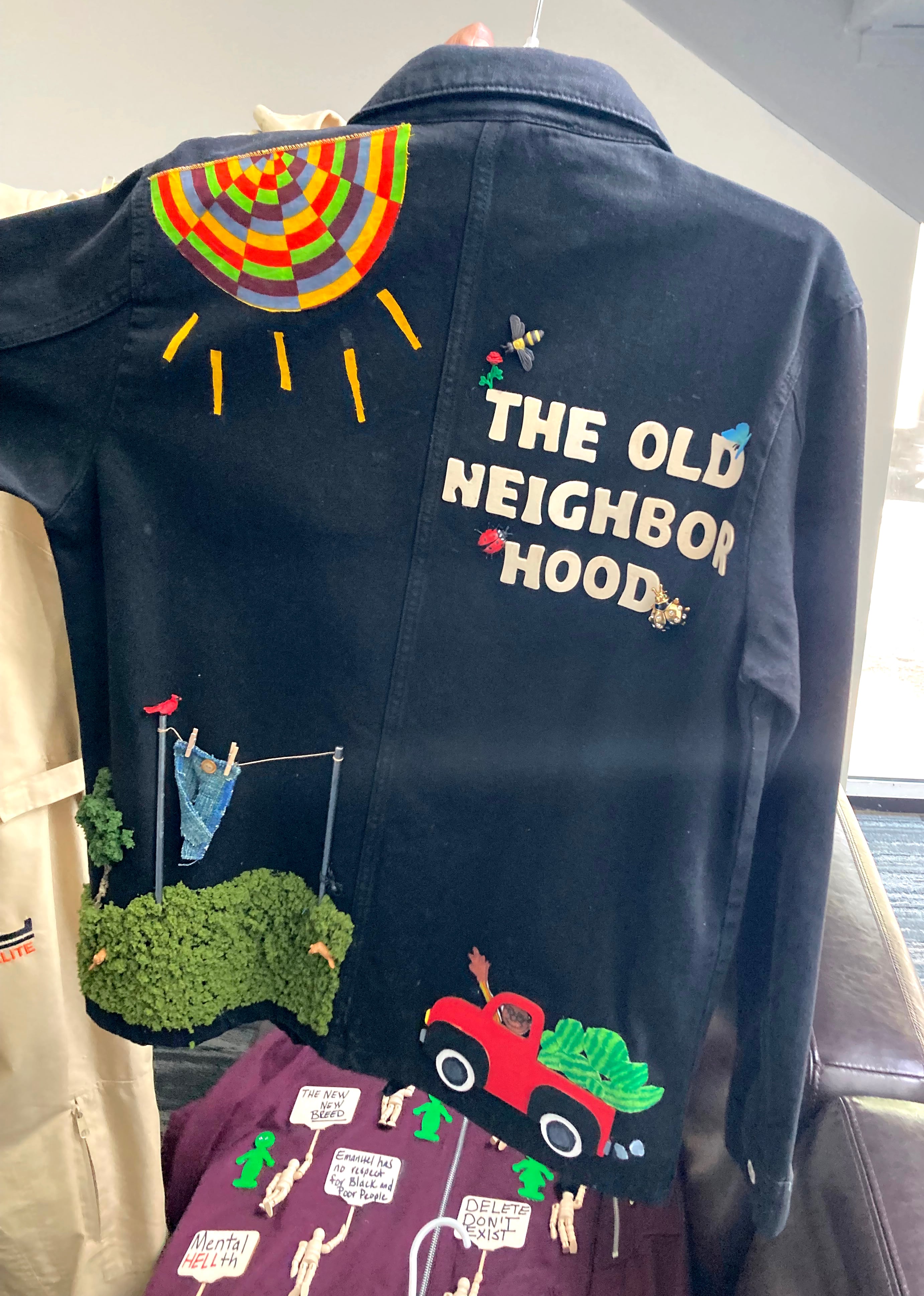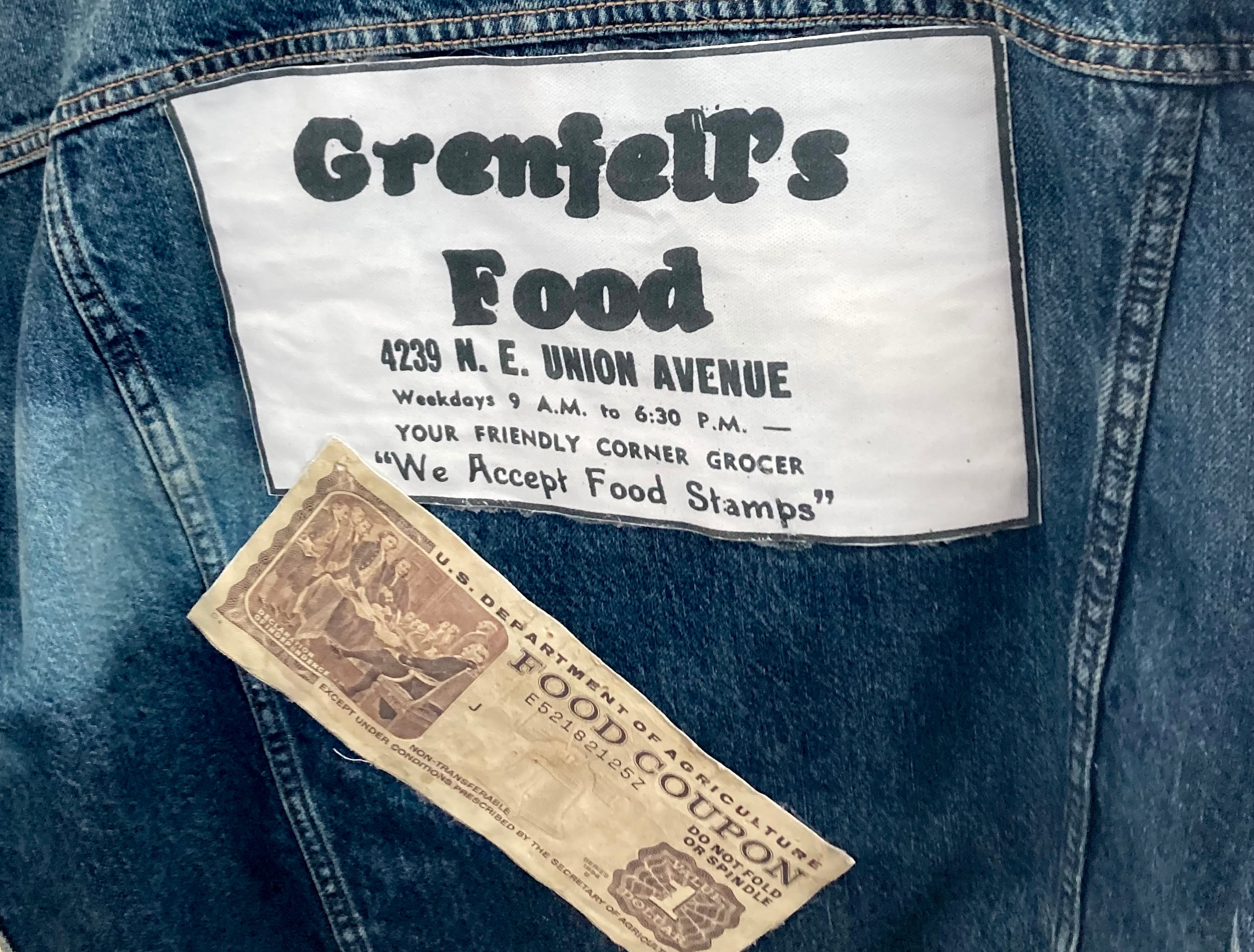

Published on: 06/22/2025
This news was posted by Oregon Today News
Description
This week, the board of Prosper Portland voted to finalize a settlement for more than 20 people whose homes and businesses in the Albina neighborhood were destroyed in the name of urban renewal from the 1950s through the ’70s.
The group of Black Portlanders fought for years to get to this point, and eventually filed a federal lawsuit arguing that the city of Portland, Emanuel Legacy Medical Center and Prosper Portland conspired to destroy a previously thriving Black neighborhood.
The original financial settlement proposed to the Portland City Council was $2 million. After recent testimony from a dozen community members, all 12 Portland city councilors voted to increase the amount to $8.5 million. As part of the settlement, the lawsuit will be dismissed, and the descendants will get financial and land retribution, in addition to other terms.
OPB’s “Think Out Loud” talked with plaintiffs Donna Marshall and Byrd, who led the research effort that culminated in this settlement, and with their lawyer, Ed Johnson.
The following excerpts from the interview have been edited for length and clarity.

A flourishing Albina neighborhood
Donna Marshall: “I was born at Emmanuel Hospital. Doctor Unthank was the one who delivered myself, as well as the rest of my siblings. My father and mother purchased a house on 247 North Fargo Street before I was born. My father was a Pullman porter. He took an extra shift to go to New York, so he could have the money to purchase a house on Fargo Street.
“We had a wonderful family, thriving Black neighborhood. Just alone on my block, there were seven businesses. I remember as a little girl walking the streets, going to Hostess, getting free donuts for the children. We had apple trees, we had walnut trees, we had grapevines, we had peach trees. I mean, it was just a wonderful environment to where some parents didn’t even have to go to the store for fruit because the fruit was right there. I remember riding my bike, freely, being safe, and not having to worry about stranger danger. I remember having to be home before the Vancouver Avenue First Baptist Church organ came on, which they did on a regular basis every day at 5 o’clock.
“We had friends across the street and I still remember them: Deborah, Mary Catherine, the Locketts, the Woods. And I remember seeing their homes being destroyed. As a little girl, I’m asking my mom, ‘What’s going on with this?’ And she said it was too difficult to explain the ugliness that’s going on.”

Resistance and destruction
Marshall: “I remember my mother fighting. I remember losing my mother on many nights because she was in the basement at Mount Olivet Baptist Church with Reverend Jackson, Thelma Glover, Miss Hattie Mae Brownie and Miss Warren. [We] fought daily with Emanuel Hospital, the City of Portland, and [Portland Development Commission].
“My mother and father got an attorney. There was a home that we wanted to buy that was on 107th and Pacific. My mother and father put in the bid for it. They took it off of the market because we were Black. My mother and father then put in a discrimination suit. We had the Red Sea in front of us and Pharaoh’s army behind us. There was no place for us to go.
“We had to get an attorney because they wanted to force us out. They wanted to put us out on the street. We wasn’t gonna go that route. We had to file, we had to apply … for my mother, my father, and my sister and brother to move.
“[Ours] was the last home on the block. I remember every day my mother would watch me [walk blocks] to school. That’s how clear the lots were. There were no buildings in sight. I didn’t have any friends to play with. There were a lot of stray dogs around. Those were my friends.
“We won the discrimination suit. They had to put the house back on the market. They sold it to us for $23,000. My father purposely moved in on Saturday afternoon with a Winchester 30-06 on one arm and a shotgun on the other. We didn’t have any problems in that neighborhood, but the point is I didn’t have any friends. I lost all my friends. We lost our business. Everything just fell apart. And here we are.”
A motivation to fight
Byrd: “So all of this started by just me liking to study. That’s just what I do. I study stuff. I collect documents. There was a group of us who started researching the history of what happened with the Emanuel Hospital expansion and as I was studying I came across my grandmother’s name which compelled me to study even more. I learned about Miss Thelma Glover and I met her. I believe she was 98, 99 at this time. I looked at her and I was like, ‘Wait a minute, Miss Glover, what do you want me to do?’ I will tell you, this woman responded with this force that has not left me. She looked at me and with the intensity that I have not experienced again to this day, she said, ‘Fight.’
“This entire journey has been very spiritual. When you think about it, what else could have sustained me for this long?”

How the fight became a lawsuit
Ed Johnson: “From a litigation standpoint, this was way outside of the box. There was really no road map for any of this, but Byrd had a vision. She had a belief that there was a path forward. There were times, I’ll have to admit, I didn’t see that path, but I kept believing that Byrd knew there was a path forward.
“What happened with Emanuel Hospital in Central Albina is different than what happened with other racist urban renewal projects. There were plenty of those in this country. One of the fundamental differences is something that’s only come to light recently. In 2021, Byrd and [Emanuel Displaced Persons Association 2] connected with some PSU graduate students in their future lab project and what they did was some interactive story mapping using modern technology, aerial photos, and when you look at that report, there’s certain things about the chronology that pop out at you. One thing that I think a lot of Portlanders are unaware of is that years before any public Portlander knew anything about this urban renewal project, Emanuel Hospital was out there buying up properties in Central Abina, scattered all over the place.
“They bought up about 100 of them before this project was ever approved. As soon as it was approved, PDC paid them dollar for dollar for the amount for the purchase price of those homes and the demolition cost. Not only that, these houses were left either empty or demolished, and the city and PDC pointed to those demolished homes and called that blight, even though it was created by the hospital.
“The conclusion that we drew from this history is that the hospital would never have spent all that time and money to purchase these random randomly located properties if they didn’t have the assurance that the city and Prosper Portland were going to come in and finish the job, because it would have done them no good to own this random assortment of properties. And of course, another difference between this project and others, the hospital expansion never happened. So here we are in 2025. A lot of that land that was taken from my clients and other families sits vacant or is used for parking to this day.”
Response to the settlement
Byrd: “We have a city council now who is listening to stories that in the past were not listened to. We have a city council now who can relate to a broader base of citizens in the city of Portland and for me that’s exciting … There is no dollar amount because we lost so much. We lost political capital, we lost social capital, we lost community.”
Marshall: “It is not enough for the pain that my family went through, the pain Byrd’s family went through. How they were stripped from their dignity. They were forced to move. They were forced to live in homes [that] were less value than what they moved out of. I’m glad that it is over, but all I can say is it never should have happened and $8.2 [million] is nowhere near enough.
“My family understands what’s going on with the situation. They are still in pain, they’re not satisfied, they just wanna know, ‘Mom, what are we gonna do for the future?’ And I said, ‘I don’t know. I don’t know. We just have to, like Aunt Thema said, we just keep fighting. We just have to keep fighting.’”

Donna Marshall, Byrd and Ed Johnson spoke with “Think Out Loud” guest host Geoff Norcross. To hear more of the conversation, click below:
News Source : https://www.opb.org/article/2025/06/22/plaintiffs-behind-82m-albina-settlement-share-how-lawsuit-came-about/
Other Related News
06/22/2025
Democratic members of Oregons congressional delegation swiftly denounced President Donald ...
06/22/2025
Match Me Abroad the new TLC show that matches singles with significant others living abroa...
06/22/2025
Rain showers are expected to linger into our very early morning hours Sunday
06/22/2025








